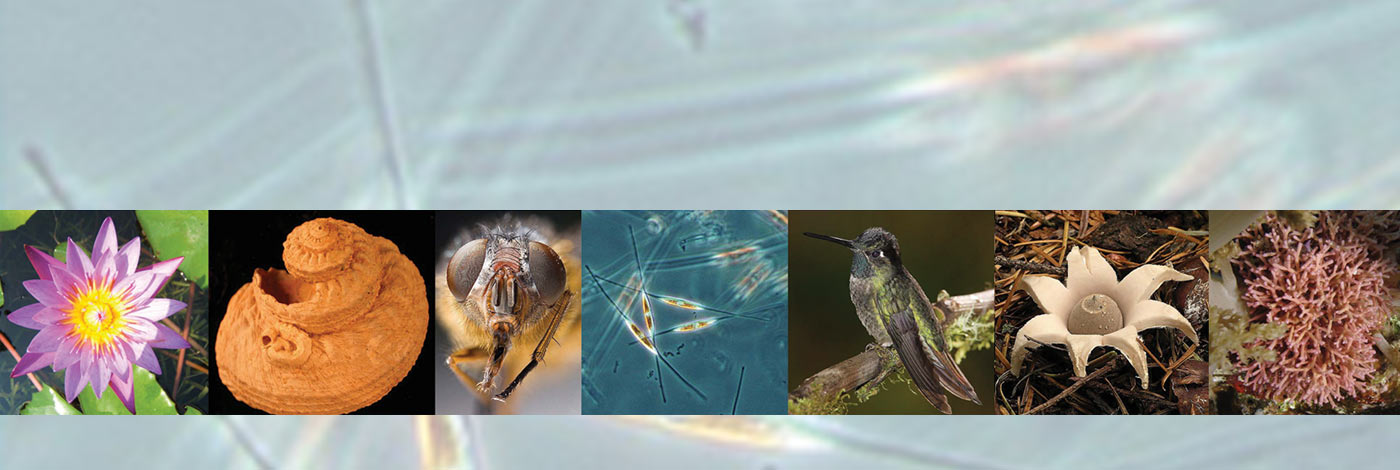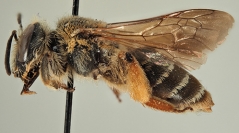

 European Journal of Taxonomy
758 (147) - Pages 147-193
European Journal of Taxonomy
758 (147) - Pages 147-193Iberia has one of the richest bee faunas in the world, and the genus Andrena is no exception with around 200 species known from the Peninsula. The fauna of Andrena was largely revised in the 1970s, but since then, it has received little attention. Molecular investigation of the taxonomically challenging subgenus Taeniandrena has revealed that the situation is more complicated than previously thought with several cryptic and overlooked species. From the species allied to Andrena (T.) gelriae van der Vecht, 1927, Andrena (T.) gredana Warncke, 1975 stat. nov. from Spain and Portugal is raised to species status, and Andrena (T.) levante Wood & Praz sp. nov. from southeastern Spain is newly described. Furthermore, Andrena (T.) benoisti Wood & Praz sp. nov. is described, having previously been referred to as Andrena (T.) wilkella beaumonti Benoist, 1961. Andrena (T.) beaumonti stat. rev. is itself distinct and restricted to the High Atlas Mountains of Morocco. Outside of the subgenus Taeniandrena, Andrena (Euandrena) fortipunctata Wood sp. nov. and Andrena (Charitandrena) hattorfiana nigricauda Wood subsp. nov. are described from Spain, and Andrena (Notandrena) juliana Wood sp. nov. is described from Spain and Portugal. The male of Andrena (Lepidandrena) baetica Wood, 2020 is also described. Andrena (Euandrena) impressa Warncke, 1967 stat. nov. is raised to species status, displaying a West Mediterranean distribution. Finally, a further two species of Andrena are newly recorded for Spain, Andrena laurivora Warncke, 1974 and Andrena confinis Stoeckhert, 1930. Altogether, these findings reinforce the fact that our understanding of the taxonomy and distribution of Andrena in southern Europe remains incomplete.